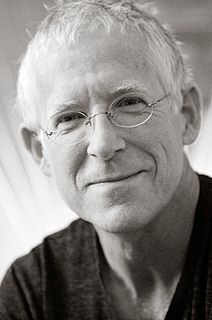A Quote by Karl Wilhelm Friedrich Schlegel
The surest method of being incomprehensible or, moreover, to be misunderstood is to use words in their original sense; especially words from the ancient languages.
Related Quotes
There's something nearly mystical about certain words and phrases that float through our lives. It's computer mysticism. Words that are computer generated to be used on products that might be sold anywhere from Japan to Denmark - words devised to be pronounceable in a hundred languages. And when you detach one of these words from the product it was designed to serve, the words acquires a chantlike quality.
Of all human and ancient opinions concerning religion, that seems to me the most likely and most excusable, that acknowledged God as an incomprehensible power, the original and preserver of all things, all goodness, all perfection, receiving and taking in good part the honour and reverence that man paid him, under what method, name, or ceremonies soever.
Other people’s words are so important. And then without warning they stop being important, along with all those words of yours that their words prompted you to write. Much of the excitement of a new novel lies in the repudiation of the one written before. Other people’s words are the bridge you use to cross from where you were to wherever you’re going.
The dictionary is like a time capsule of all of human thinking ever since words began to be written down. And exploring where words have come from can increase your understanding of the words themselves and expand your understanding of how to use the words, and all of this change happens in your thinking when you read the words.
Words are singularly the most powerful force available to humanity. We can choose to use this force constructively with words of encouragement, or destructively using words of despair. Words have energy and power with the ability to help, to heal, to hinder, to hurt, to harm, to humiliate and to humble.
The various languages placed side by side show that with words it is never a question of truth, never a question of adequate expression; otherwise, there would not be so many languages. The 'thing in itself' (which is precisely what the pure truth, apart from any of its consequences, would be) is likewise something quite incomprehensible to the creator of language and something not in the least worth striving for.






































